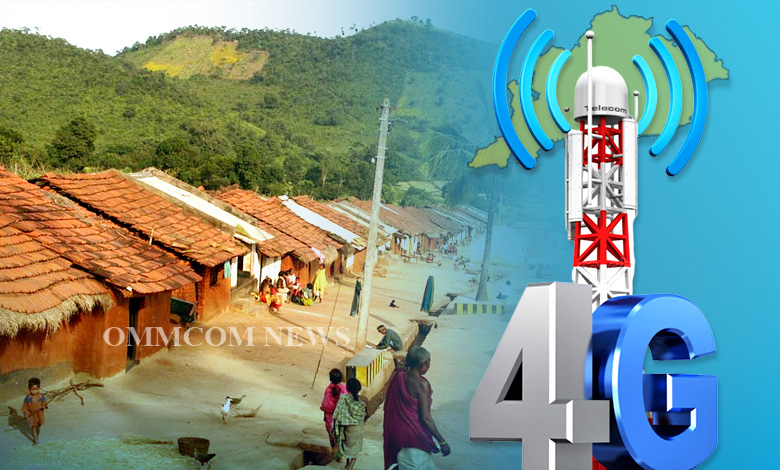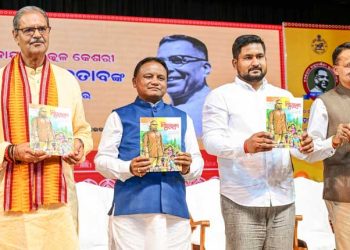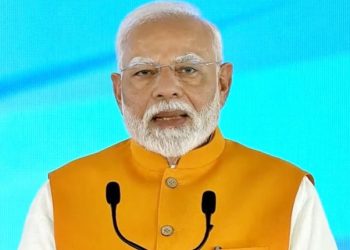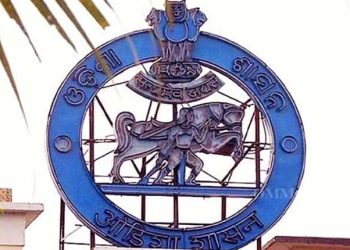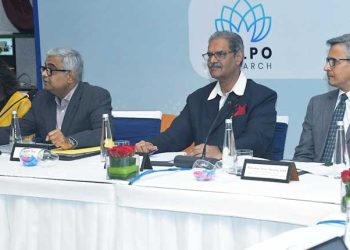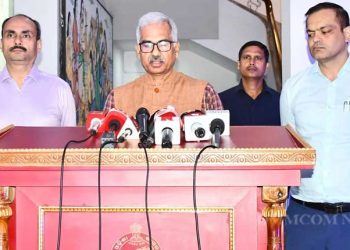Bhubaneswar: The Union Cabinet on July 27 approved the project for saturation of 4G mobile services in uncovered villages across the country. The total cost of the project is Rs 26,316 crore and it will provide 4G mobile services in 24,680 uncovered villages in remote and difficult areas.
The project has a provision to include 20% additional villages on account of rehabilitation, new settlements, withdrawal of services by existing operators, etc. In addition, 6,279 villages having only 2G/3G connectivity shall be upgraded to 4G.
Last year Government approved a project for providing 4G mobile services in 7,287 uncovered villages in 44 aspirational districts across 5 states.
There are a total of 2792 villages in Odisha that will be covered under this project. This includes 465 villages in Kandhamal district followed by 238 villages in the Gajapati district and 203 villages in Kalahandi and Rayagada each, the Ministry of Communications informed.
Similarly, 196 villages in Ganjam and Sundergarh each followed by 170 villages in Koraput and 165 villages in Mayurbhanj district. 130 villages in Nayagarh, 118 in Boudh and 102 villages in Malkangiri district will soon have 4G Internet services.
The project will be executed by BSNL using Atmanirbhar Bharat’s 4G technology stack and will be funded through Universal Service Obligation Fund. BSNL is already in process of deployment of the Atmanirbhar 4G technology stack, which will be deployed in this project as well.
Apart from the aforementioned districts, below is a list of the district-wise breakup of Odisha villages to be covered under 4G connectivity programme:
Jagatsinghpur-2; Jharsugurda-3; Puri-4; Subarnapur-5; Kendrapara-07; Bolangir-7; Khurda-09; Dhenkanal-10; Balasore-11; Bargarh-12; Bhadrak-16; Nabarangpur-15; Nuapada-28; Cuttack-37; Jajpur-41; Angul-57; Konjhar-80; Sambalpur-81; and Deogarh-83.
“The project is a significant step towards the vision of the Government to provide mobile connectivity in rural areas. This project will promote the delivery of various e-governance services, banking services, telemedicine, tele-education, etc., through mobile broadband and generate employment in rural areas,” the Ministry of Communications stated.



